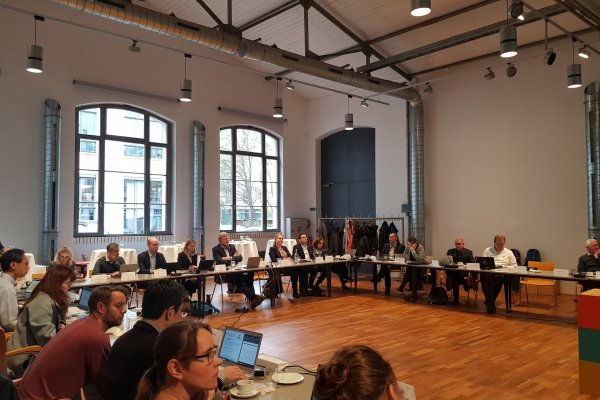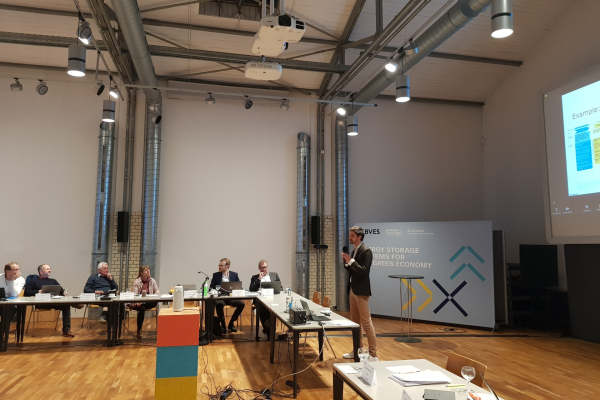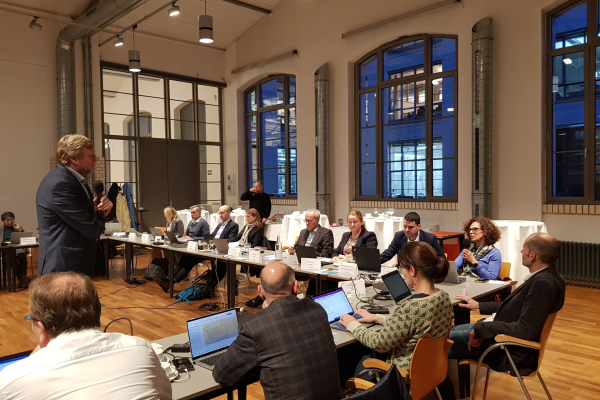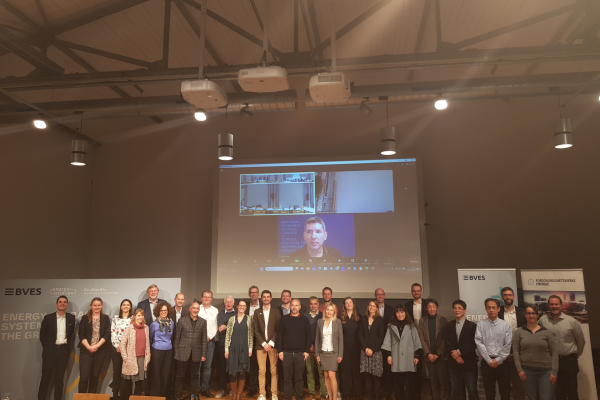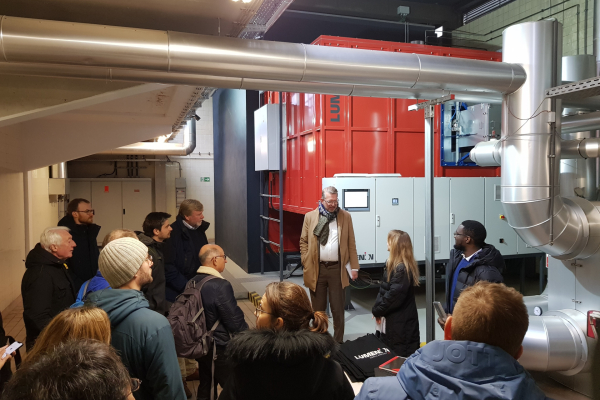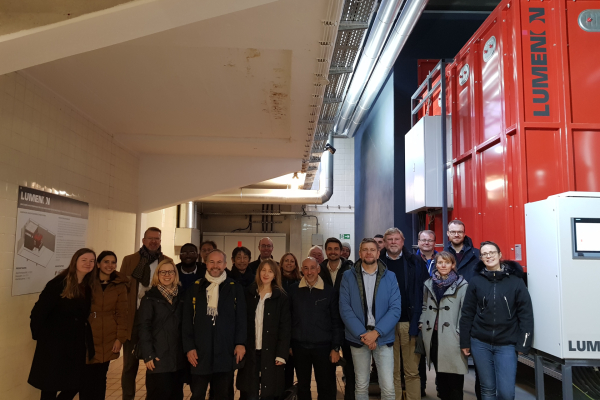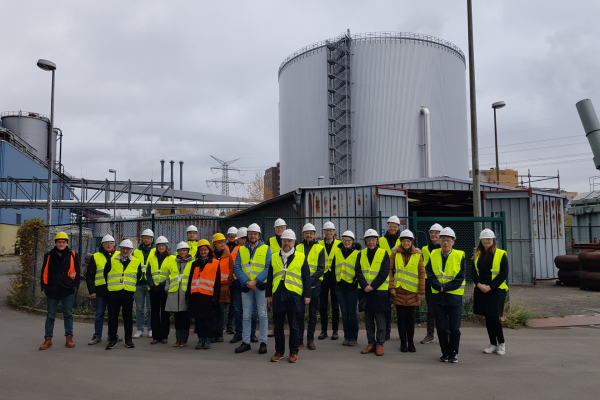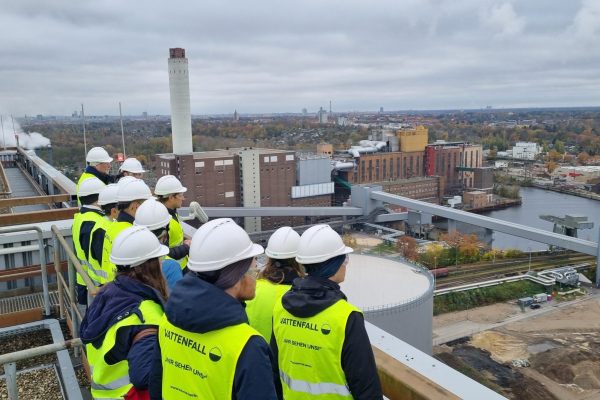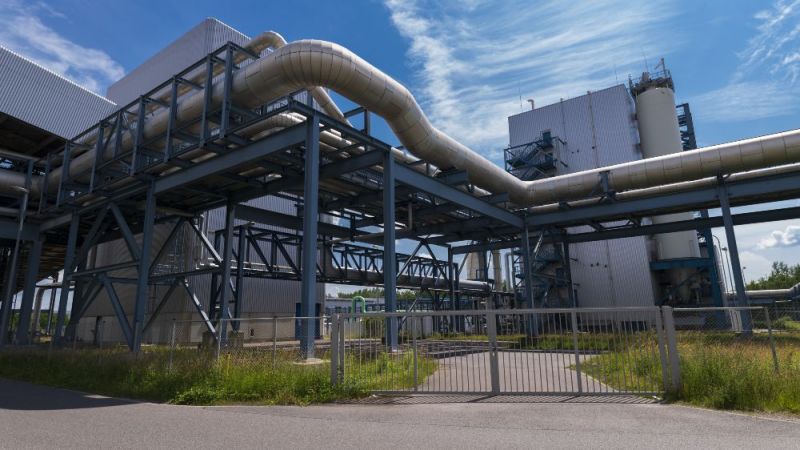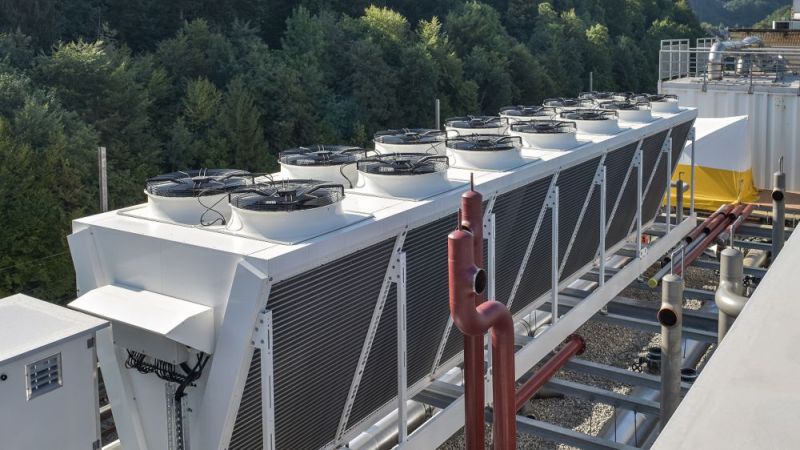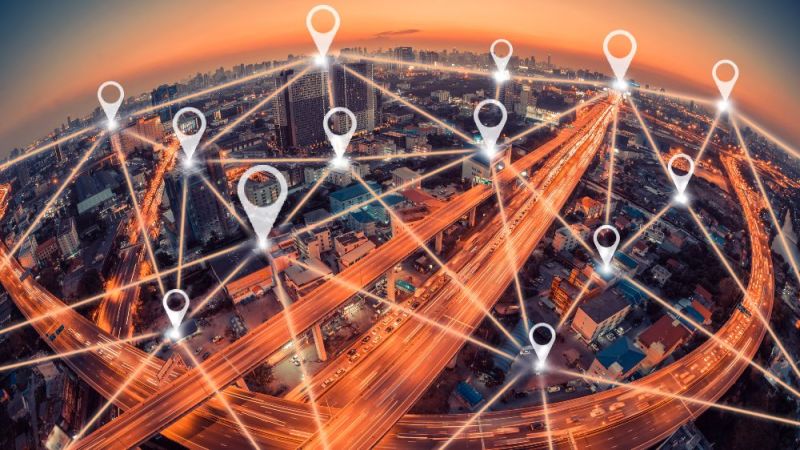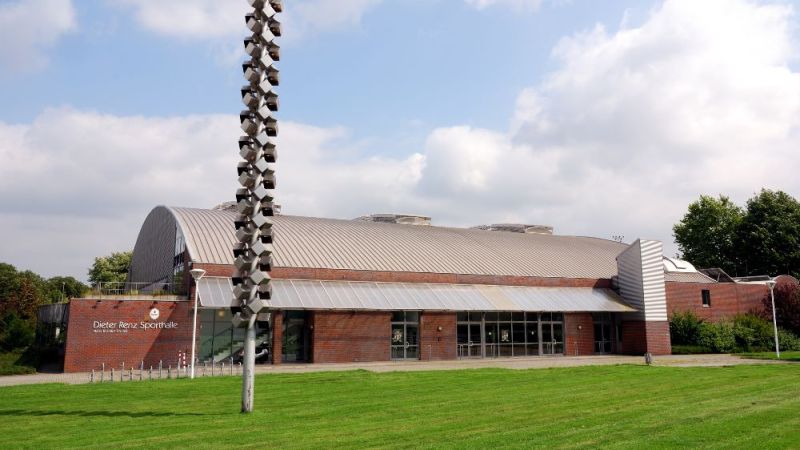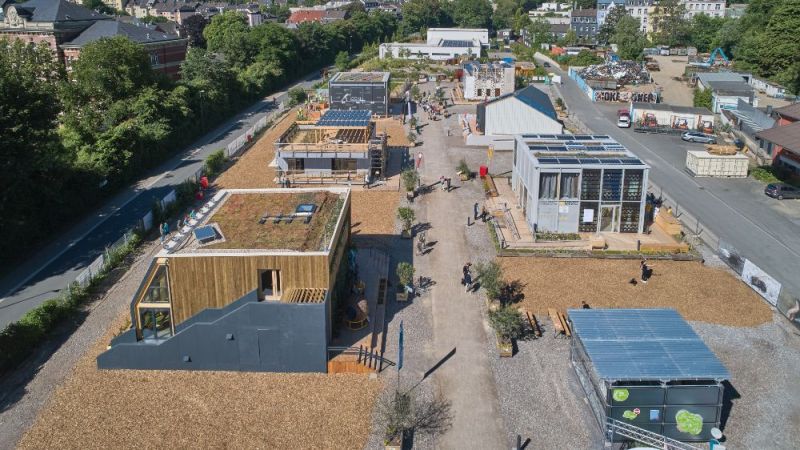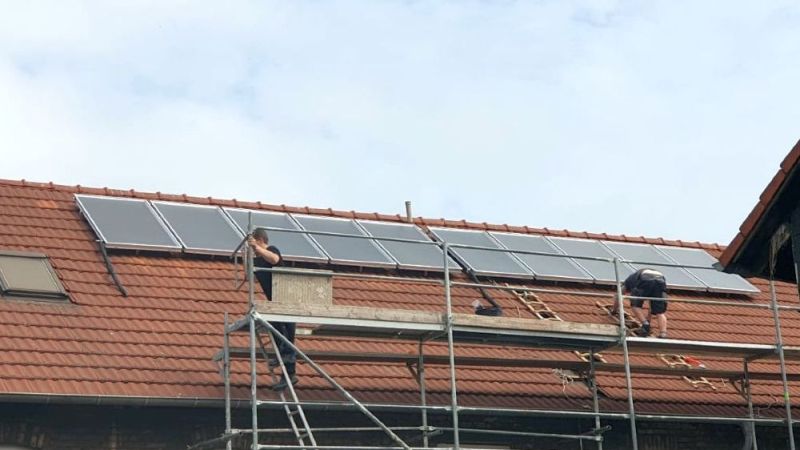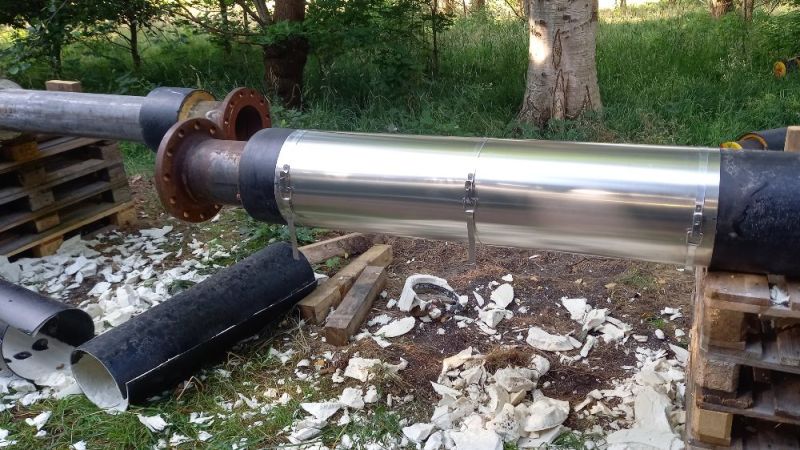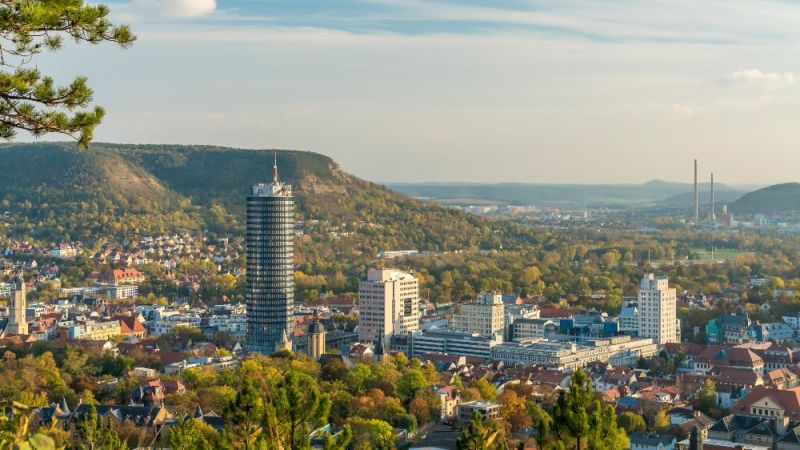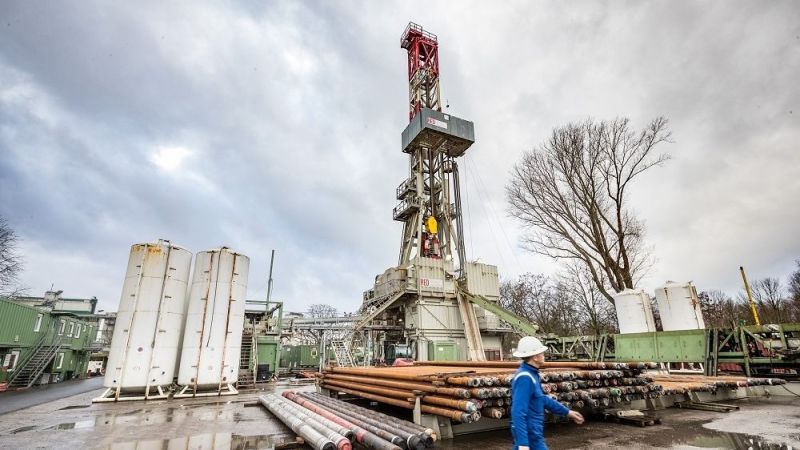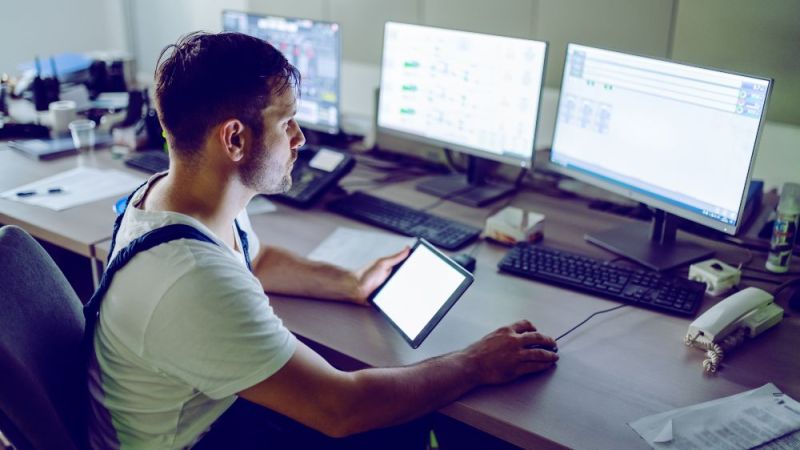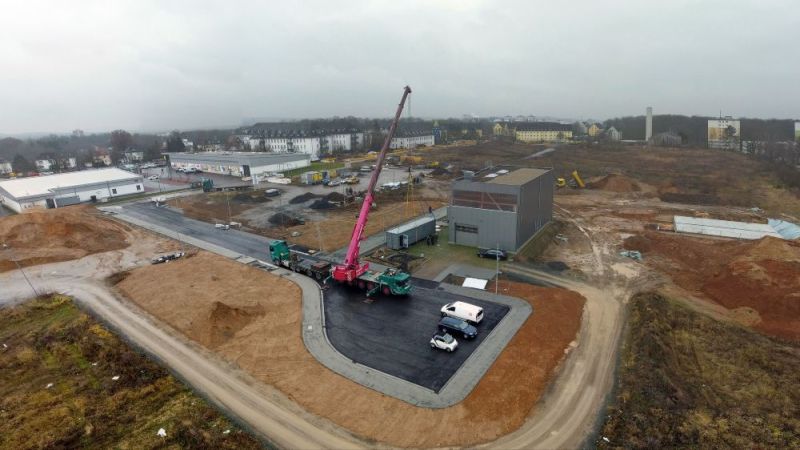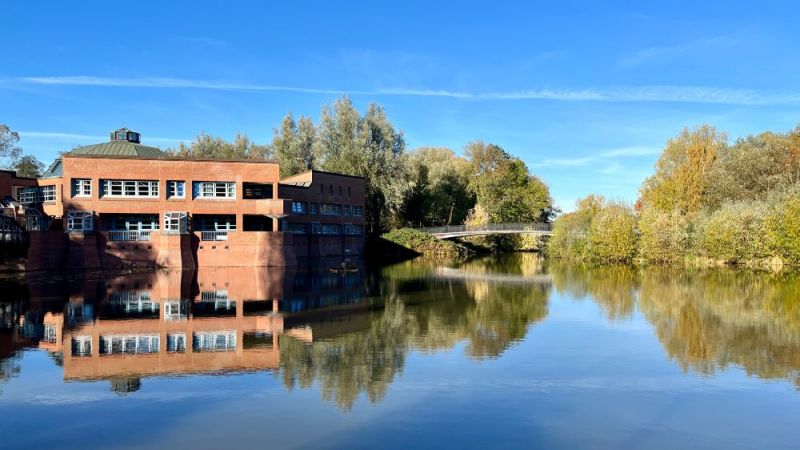
96th ExCo Meeting IEA Energy Storage TCP
Economic Efficiency and Integration of Energy Storage Systems are Topics at an International Level
In industry, buildings, districts and other areas of the energy sector, storage systems can make an important contribution to decarbonisation and the security of supply. In addition to developing suitable storage systems, it is also important to integrate them optimally into the system and to be able to operate them flexibly and economically. The delegates in the Energy Storage Technology Collaboration Program (ES TCP) of the International Energy Agency (IEA) are therefore continuing to drive research forward at an international level. In practice, they are accelerating their implementation and working on suitable solutions, by exchanging ideas across national borders. They also draw up recommendations for political framework conditions and funding programs at national and international level. Under the umbrella of the ES TCP, national experts work in various tasks on thermal, electrical and material storage systems as well as their implementation and efficient management.
The delegates meet twice a year at the Executive Committee (ExCo) Meeting - always organized and hosted by one of the member countries. The representatives of the countries and experts from the tasks from around 20 countries recently met in Berlin to discuss current issues. Currently important focus topics include the economic efficiency of energy storage systems and flexible sector coupling.
Halime Paksoy
Çukurova University, delegate from Turkey and former chair of the Energy Storage TCP:
The exchange within the TCP highlights what our country requires and the lessons we can learn from others. We explore the challenges various countries face and identify areas where collaborative efforts, both nationally and internationally, can make a difference. We share best practices, strategies, and scenarios. Given the global nature of the climate crisis, we need an international roadmap, and the IEA offers a unique global network that enables us to collaborate effectively. The collaborative atmosphere within this TCP is incredibly valuable, providing a platform to translate shared insights into projects, new ideas, and connections with new individuals. And it holds additional value in terms of raising awareness. Energy storage is comparable to a hidden gem – while experts recognize its worth, it's crucial for other groups, including politics and society, to also acknowledge and appreciate its significance.
Stan van den Broek
Delegate from the Netherlands and vice chair of the Energy Storage TCP:
The core of the TCP has consistently been the development of thermal storage, but it is crucial to recognize the trend of including the exploration of market opportunities and understanding the technical and socio-economic implications of systems integration. Questions arise, such as where storage fits best and under what conditions, what economic factors come into play, and who stands to gain from these benefits. Maintaining an integral systems perspective is essential to continue driving progress from within this TCP."
96th ExCo in Berlin: two new tasks for the Energy Storage TCP
One result of the meeting is the addition of two new tasks to the ES TCP. One task will focus on the flexibilisation of decarbonised energy systems in the coming years. The other task is working on Carnot batteries for heat integration and for power-to-heat systems in order to decarbonise the process heat supply, amongst others, in the industrial sector. A German scientific team led by Annelies Vandersickel from the German Aerospace Center (DLR) is coordinating this group. The meeting in Berlin was also a final meeting for two tasks: Tasks 32 "Modelling of Energy Storage for Simulation Optimization of Energy Systems" and 35 "Flexible Sector Coupling" have been completed during 2023. The final reports will be published on the ES TCP website in the upcoming months.
The Federal Ministry of Economics and Climate Action presents its 8th Energy Research Programme
The meeting in Berlin also featured a special session entitled "Energy Storage TCP meets BMWK". In this session, delegates were given an insight into the recently published 8th Energy Research Program by representatives of the Federal Ministry for Economic Affairs and Climate Action (BMWK). Several of the program's missions also address research in the field of energy storages - such as the missions, electricity transition, heat transition and energy systems. The Dutch delegate then presented the Netherlands' storage roadmap. In the subsequent discussion, the participants also shared their experiences and addressed the need for roadmaps and regulatory frameworks as well as funding opportunities for energy storage in the various countries. One common element: the new mission-oriented approach in the 8th Energy Research Programme can also be found in programs of some of the other countries.
In the discussion, the attendees also addressed other challenges for the use of energy storage systems. In particular, they discussed how researchers, companies, users and politicians can work together even better on these issues and which factors are crucial for successful implementation.
Stan van den Broek
Delegate from the Netherlands and vice chair of the Energy Storage TCP:
"In every country, a lot is happening in terms of knowledge development and exchange. But each nation has its own pace when it comes to embracing different technologies and methods to drive them. With the global challenges of climate change and energy transition, it is crucial that we learn from one another to scale up and speed up the transition. We need to reflect on where we can be faster and what we can learn from other countries. That is what the TCP aims to stimulate. With our focus on energy storage, we are positioned from energy production to end use and everything in between, partnering with a wide variety of stakeholders. Our main strength lies in connecting the dots and fostering a more holistic view of the energy transition.
In the Netherlands, for instance, we developed a policy roadmap on energy storage this year. This network proved invaluable for gathering insights into energy storage policies in other countries, such as Germany, the United Kingdom, and Belgium. The primary takeaway was that only a few countries are currently approaching flexibility or storage issues in a comprehensive manner. Most energy systems tend to be focused on electricity, heat, or hydrogen individually while neglecting integration. In the Netherlands, our aim is to move towards a more integrated vision by developing a roadmap covering all storage options."
Best practice energy storage: research and application in Germany
In the "Energy Storage TCP meets BMWK"-session, three invited guests from research and industry were also able to present storage applications from their research projects PCM-Demo II, TESS2.0 and the ETA-Fabrik. They demonstrated best-practice examples of applied energy research in Germany. All three projects were funded by the BMWK in the previous energy research program.
Another highlight of the 96th ExCo was the concluding "Technical Tour". During this tour, the delegates were able to see successful energy storage projects on site. These included a 2.4-megawatt-hour (MWh) high-temperature steel storage system developed by Lumenion, which was installed in a residential area in Berlin. It supplies around 400 households with climate-friendly hot water. The delegates also visited Germany's largest heat storage facility, which is currently being completed at Vattenfall in Berlin Reuter West. In the future, it will supply part of Berlin's heating network reliably and flexibly for up to 13 hours and help to maintain pressure in the network. The last stop on the technical tour was the EUREF Campus. Here, the delegates were able to gain insight into a sustainable energy management system. The system is equipped with a power-to-heat and power-to-cold system as well as a second-life battery storage system from STABL Energy and AUDI.
Research and exchange across national borders clears the path for a successful energy transition
In the future, storage systems will be fundamental for integrating renewable energy into the energy system and for being able to cover energy needs over time in a flexible manner. The ExCo meetings of the Energy Storage TCP are therefore an important exchange platform at international level. Here, many countries can contribute their specific expertise and jointly drive forward the technological development and broader application of storage systems. Next year, the IEA Energy Storage TCP will meet in Lyon, France. The meeting will be followed by the international Enerstock Conference organized by the TCP, which will take place from 5 to 7 June 2024. The conference is aimed at experts and deals with current topics relating to research, political framework conditions and the use of energy storage systems in practice. (ln)
Christoph Rathgeber
ZAE Bayern, Secretary Energy Storage TCP:
"The typical entry point for potential new members is through one of the tasks, following a bottom-up approach. Researchers from universities, institutions, academia, as well as individuals from the industry, initially engage with one of the tasks. If they wish to continue their involvement, they reach out to the secretariat, where we outline the requirements for becoming either a member or a sponsor. We provide a comprehensive handbook that guides them through the step-by-step process of joining the TCP. Membership is open to countries, and in cases where an entire country is not interested, institutions can step in as sponsors for the Energy Storage-TCP, allowing them to participate in the tasks.
From the secretary's perspective, it is evident that facilitating knowledge exchange among member countries regarding energy storage projects, spanning research and development to deployment and commercialization, yields significant benefits. Additionally, members have the opportunity to coordinate on international funding schemes and enhance their collaboration with IEA representatives. This multifaceted engagement proves highly valuable for both members and sponsors alike."


